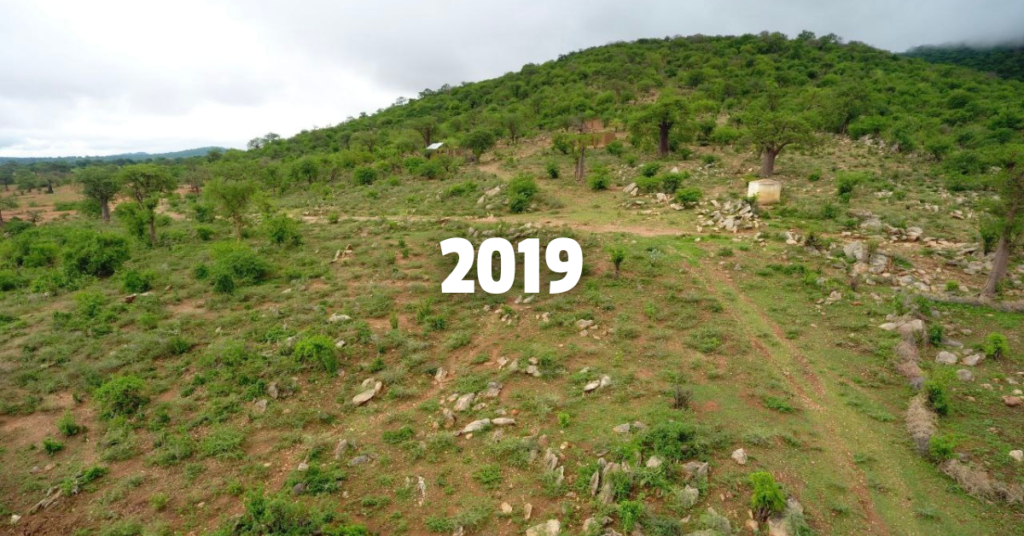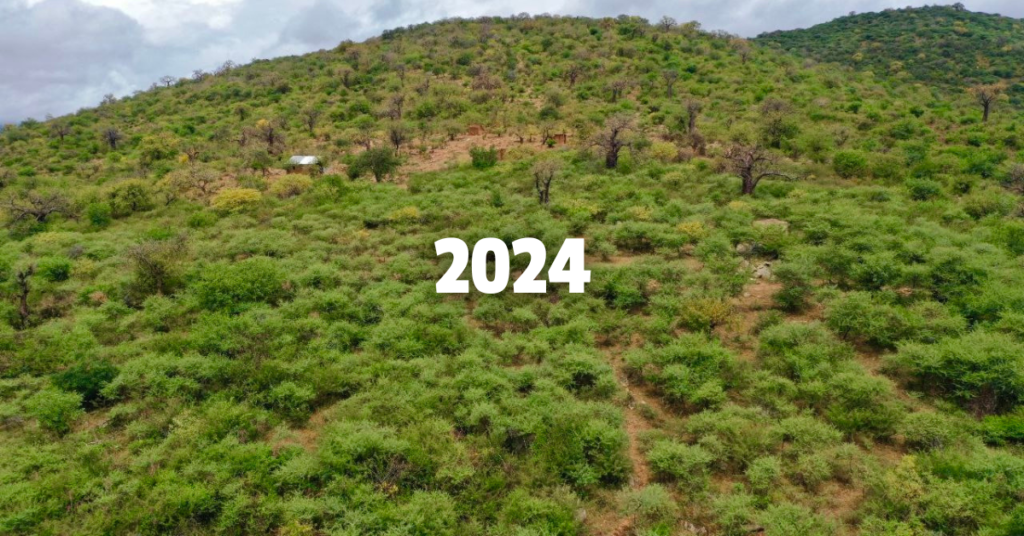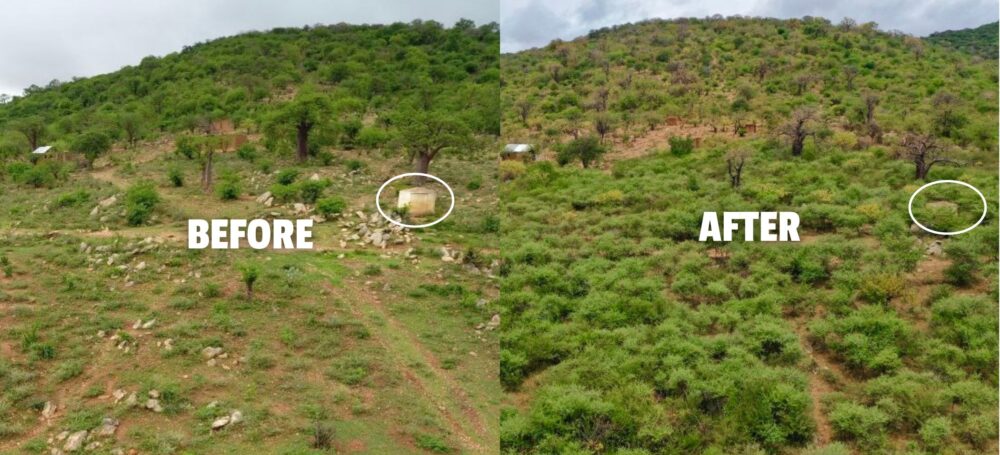Nestled within Mzase village in Dodoma, Tanzania lies a testament to the power of community-driven development and sustainable practices. Over the course of five years, the common area of Mzase has undergone a remarkable transforming from a barren land into a thriving ecosystem teeming with life. Central to this transformation is the innovative Kisiki Hai method, which has played a pivotal role in revitalizing this 54-hectare expanse with over 35,000 trees.
In these after pictures, a lush canopy of over 35,000 trees stretches as far as the eye can see, providing shade, shelter, and sustenance to both humans and wildlife alike. The revitalized ecosystem not only enhances the beauty of Mzase village but also offers tangible benefits in terms of soil conservation, water retention, and carbon sequestration.
At the heart of this success story lies the spirit of community empowerment and collaboration. Residents of Mzase village, guided by champion farmers, have embraced the Kisiki Hai method with enthusiasm and dedication. Through communal labor and shared responsibility, they have not only restored their land but also forged stronger bonds within their community. The project has empowered villagers to take ownership of their environment, instilling a sense of pride and resilience that will endure for generations to come.
The Kisiki Hai method, a groundbreaking approach to reforestation and land restoration pioneered by communities in Tanzania. This method involves harnessing the regenerative power of nature to spur new growth. By utilizing locally available materials and engaging community members in every step of the process, the Kisiki Hai method offers a cost-effective and sustainable solution to land degradation.
Fast forward five years, and the transformation of Mzase village is nothing short of astounding. Through the diligent application of the Kisiki Hai method, the once barren common area has been reborn as a vibrant oasis of greenery. We are implementing this project in partnership with our partner Ecosia and the local communities in Dodoma, Tanzania.




Comments are closed.